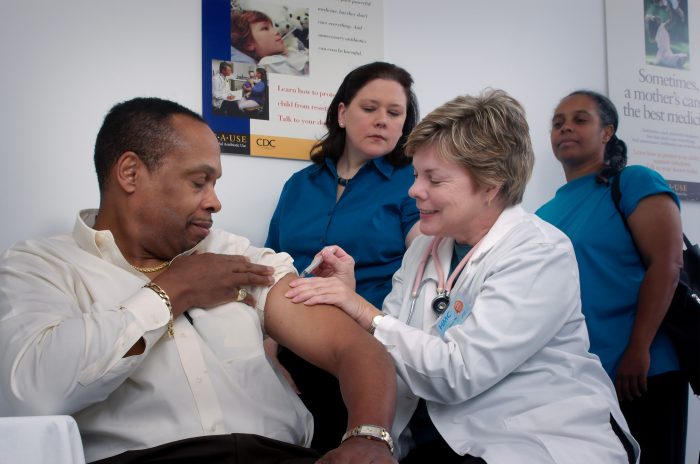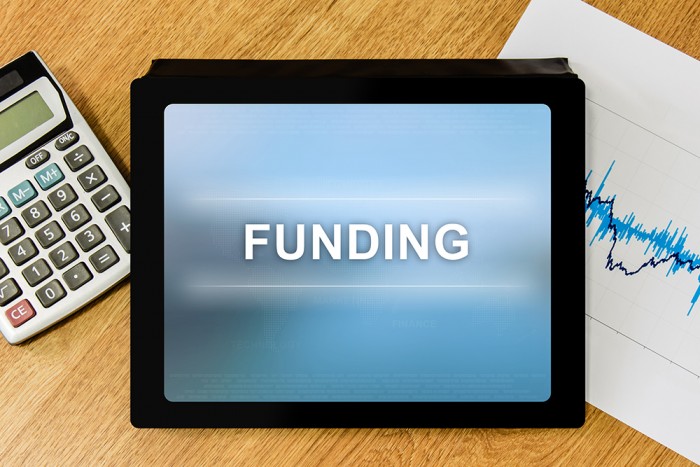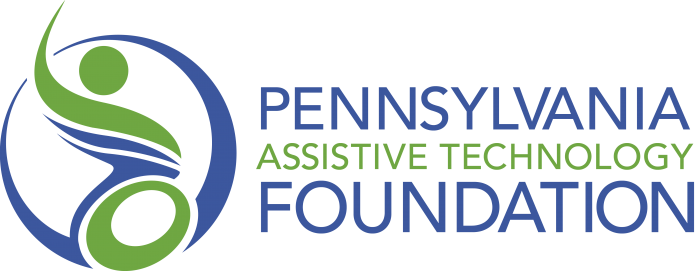OMHSAS Releases COVID-19 Vaccination Guidance
The Office of Mental Health and Substance Abuse Services (OMHSAS) has released guidance information confirming that OMHSAS programs are indeed in Phase 1A of Pennsylvania’s Interim Vaccination Plan for providers who are seeking to obtain vaccinations for their programs. While this particular response focuses on the Federal Pharmacy Partnership Program as a pathway to vaccinations, we are recommending that providers seek all available options that include federally-qualified health centers (FQHC’s), hospital and regional health systems, and county boards of health.
The Pennsylvania Department of Health (DOH) has made available a map of vaccine providers to assist your efforts. Please contact your RCPA policy director for any assistance you may need in your efforts. RCPA will continue to update its members on any changes in the plan.
OMHSAS Guidance
In order to facilitate vaccine distribution across Pennsylvania, Secretary of Health Dr. Rachel Levine signed an order on December 30, 2020 directing that at least ten percent of each vaccine shipment to hospitals, health systems, federally-qualified health centers, and pharmacies (collectively called “vaccine providers”) be designated for non-hospital affiliated health-care personnel who would otherwise be included in Phase 1A of Pennsylvania’s Interim Vaccination Plan, which was updated on Friday, January 8, 2021.
Health-care personnel as defined in Phase 1A include:
- Physicians, nurses, nursing assistants, technicians, therapists, phlebotomists, emergency medical service personnel, direct support professionals (in-home and community-based services and adult day facilities), staff of long-term care facilities that have residents prioritized in 1A, staff in residential care providers serving children, pharmacists, clinical personnel in school settings or correctional facilities, and contractual staff working in but not employed by the health-care facility. People who are not involved in patient care but who could be exposed to COVID-19 through careers in dietary services, environmental services, laundry services, security, maintenance, facilities management, and other administrative services as defined in the Interim Vaccination Plan are also included.
Long-term care facility staff are considered health-care personnel above, and long-term care facility residents are also in Phase 1A. Long-term care facilities as defined in Phase 1A include:
- Skilled nursing facilities, personal care homes, assisted living facilities, private intermediate care facilities for individuals with developmental disabilities, community group homes, residential treatment facilities for adults, long-term structured residences, state veterans homes, state centers, private psychiatric hospitals, and state hospitals.
The Department of Health recently released a map of vaccine providers who can administer a COVID-19 vaccine to anyone covered by Phase 1A. Anyone covered under Phase 1A who has not yet received a COVID-19 vaccine can contact any of these providers to check availability and schedule their vaccination, but we encourage providers to contact sites and coordinate for their employees who are eligible. Employees should be prepared to show proof of employment. This map is being updated regularly, so please keep checking for new locations with vaccine supply and available appointments.
Long-term care facility staff and residents may be eligible for the Federal Pharmacy Partnership Program for long-term care facilities. The Federal Pharmacy Partnership Program is currently prioritizing skilled nursing facilities at this time. If your facility is enrolled in the program, CVS and Walgreens may have already reached out to schedule a vaccination date with you. However, if your facility has not already scheduled a vaccination date with CVS or Walgreens, you are encouraged to contact your local vaccine provider. The Department of Human Services (DHS) and Department of Health are also working together on additional solutions to expedite vaccine distribution to DHS-licensed facilities. Please keep track of who in your facility has already received a vaccine.
As vaccine supply is limited, it may take some time to find a vaccination provider and appointment. Thank you for your patience through this process, and most importantly, thank you for being united in our collective fight against COVID-19.
Addressing Historical and Ending Contemporary Racial Inequities – January 27, 2021

Gary Woomer Named Interim Chief Executive Officer at RCPA Member CareLink
MEDIA, PENNSYLVANIA — CareLink Community Support Services announced today that Gary Woomer has been appointed Interim CEO of the nonprofit agency. Mr. Woomer, an experienced leader and mental healthcare professional, succeeded Eileen M. Joseph and assumed responsibilities on December 10, 2020. Ms. Joseph retired from CareLink after leading the agency for nearly 40 years.
“Eileen Joseph had been a part of CareLink since 1981 and steered the agency through phenomenal growth,” said CareLink Board Chair Scot Stetka. “We appreciate her contributions and wish her well.”
Mr. Woomer joined CareLink as a Program Director in 1999, and has since served as a Regional Director, Vice President of Program Operations, and Chief Operating Officer. Prior to his tenure at CareLink, Mr. Woomer was employed at Prime Care, Inc. in West Chester, Pennsylvania.
“Gary Woomer has been with CareLink for more than 20 years,” Mr. Stetka said. “He stepped into his new role equipped with a wealth of industry experience, strong leadership skills, and a comprehensive understanding of the agency. We are confident that he can maintain the momentum necessary to keep CareLink moving forward as Interim CEO.”
Mr. Woomer received an Executive Leadership Certificate from the Nonprofit Executive Leadership Institute at Bryn Mawr College in 2019, a master’s degree in health services administration from the University of St. Francis in 1998, and a bachelor’s in psychology from Shippensburg University in 1989. He is currently a member of the Philadelphia Alliance of MH/MR/SA Agencies, the Rehabilitation and Community Providers Association, the Montgomery County Association for Excellence, and the Psychiatric Rehabilitation Association.
###
Since 1959, CareLink Community Support Services has been dedicated to providing people with mental illness and developmental disabilities with the caring support they need to live, work, and participate in the community with dignity and independence. Today, CareLink serves individuals in 33 community programs throughout Southeastern Pennsylvania and Southern New Jersey.
Media Contact:
Kate Rosin
CareLink Community Support Services
krosin@carelinkservices.org
(610)-874-1119, ext. 613
www.carelinkservices.org
Feedback Requested for IDD HCBS and AAW Waiver Amendments
PA Family Support Alliance Offers Free Virtual Mandated Reporter Training
DDAP Announces Substance Abuse Funding Opportunities through the PA Commission on Crime and Delinquency
The Pennsylvania Commission on Crime and Delinquency (PCCD) recently put out three funding announcements related to the Substance Abuse Education Demand and Reduction Act. Non-profit organizations are eligible to apply for all three solicitations; however, the Categories Two and Three Funding Announcement is more specific in what type of nonprofit can apply.
Substance Abuse Education and Demand Reduction Category 1 Funds – Adult and Youth Focus
- The Office of Justice Programs announces the availability of Substance Abuse Education and Demand Reduction (SAEDR) Category One funds for the implementation of new projects focused on the adult community through the release of the 2020 Substance Abuse Education, Category 1 – Adult funding announcement. Funding is available for nonprofit organizations to provide research-based approaches to prevention, intervention, training, treatment, and education services to reduce substance use or to provide resources to assist families in accessing these services.
- PCCD is accepting applications for funding under the state Substance Abuse Education and Demand Reduction (SAEDR) Fund, which exists to support projects designed to educate the public about the dangers of substance abuse and/or reduce demand for these substances. The act mandates the use of SAEDR funds to award grants in specifically defined categories to eligible organizations. Funding is available for nonprofit organizations to serve youth with research-based or evidence-based approaches to prevention, intervention, training, treatment, and education.
Substance Abuse Education and Demand Reduction Category Two and Three Funds
The Pennsylvania Commission on Crime and Delinquency’s (PCCD) Office of Justice Programs announces the availability of Substance Abuse Education and Demand Reduction (SAEDR) Category Two and Category Three funds to support the implementation of strategies aimed at combating opioid/heroin overdoses in Pennsylvania communities. Under this solicitation, funds are being made available for projects designed to educate the public about the dangers of substance use and/or reduce demand for these substances under the following two categories:
- Category Two funds are intended to educate youth, caregivers of youth, and employers about the dangers of substance abuse. They are also intended to increase the awareness of the benefits of a drug-free Pennsylvania through media-related efforts that may include public service announcements, public awareness campaigns, and media literacy. Special consideration will be given to projects that focus on the use of opiates within the commonwealth.
- Category Three funds are intended to educate employers, unions, and employees about the dangers of substance use in the workplace. They are also intended to provide comprehensive drug-free workplace programs and technical resources for businesses, including, but not limited to, training for working parents to keep their children drug-free.
For more information about PCCD grants, please visit the PCCD website. If you are interested in receiving notices when PCCD funding announcements become available, please sign up for notifications here.
Mini-Loan Pilot Program Launches Monday, January 18
UPDATED – Vaccination Information for OLTL Home and Community-Based Services Providers
















